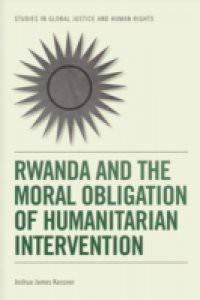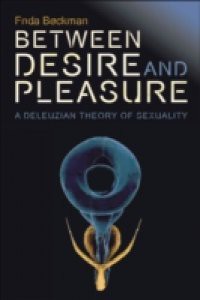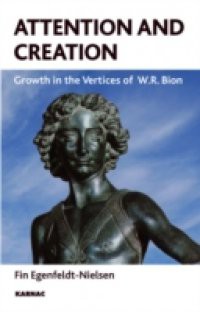Medieval Arab notions of physical difference can feel singularly arresting for modern audiences. Did you know that blue eyes, baldness, bad breath and boils were all considered bodily 'blights', as were cross eyes, lameness and deafness? What assumptions about bodies influenced this particular vision of physical difference? How did blighted people view their own bodies? Through close analyses of anecdotes, personal letters, (auto)biographies, erotic poetry, non-binding legal opinions, diaristic chronicles and theological tracts, the cultural views and experiences of disability and difference in the medieval Islamic world are brought to life.






















